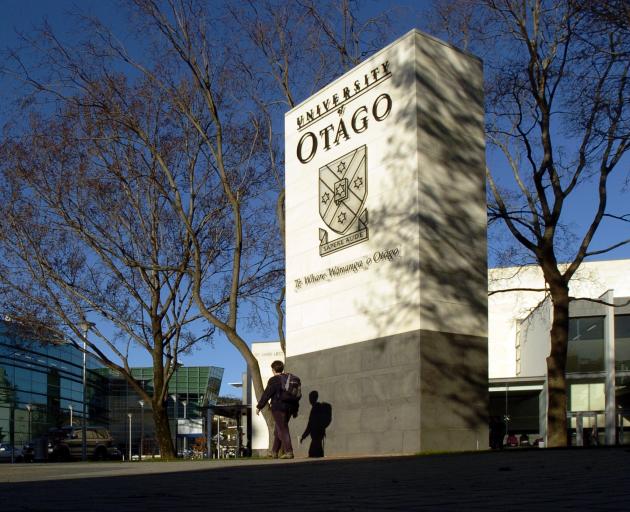
The university council’s finance and budget committee will table its latest financial summary at its meeting today.
It said the university had recommenced borrowing, and it was working towards its $25m savings target for 2023, of which $24.5m had now been achieved.
The financially-troubled university is seeking to make overall savings to its operating budget of $60m, and initiated a large-scale voluntary redundancy process earlier this year, along with several departmental restructures.
Of the savings found, the biggest single one was for scholarships.
Deputy vice-chancellor research and enterprise Prof Richard Blaikie said there had been an underspend of about $5m in scholarships that year, but the saving was not expected to be repeated next year.
"We budgeted for $50.1m and about $45.1m has been spent," Prof Blaikie said.
The bulk of this underspend was related to postgraduate and research degree scholarships as a result of disruption to the PhD programme caused by the pandemic and its aftermath, he said.
"In particular, we saw a decline in the overall number of international PhD students commencing their study with us on campus while they faced a closed border and other delays to begin their research.
"Now that the environment for recruitment of graduate research students has stabilised, we do not anticipate this favourable variance will continue."
The other savings included in the report tabled to the finance and budget committee were vacant staffing positions ($4m), a decrease in depreciation due to building revaluation not occurring at the end of 2022 ($4.4m), expected lower bank fees on borrowing costs and interest paid ($2.5m) and salary savings arising from release of accruals related to voluntary redundancies ($1.8m).
Protect Otago Action Group spokesman Dr Olivier Jutel said some of the savings appeared to be a short-term shuffling.
"Which is fine to an extent, we certainly would not want international scholarships adversely affected.
"We’ve got to find ways to ensure the savings don’t come from cutting what makes us a sought-after public institution and an internationally attractive research destination.
"We don’t want to see further big disruptions to the university, and really, we’re optimistic for the appointment of the new vice-chancellor," Dr Jutel said.
The change in government could also have an impact on how the university responded to its financial situation, as would the directions of the Tertiary Education Commission (TEC), he said.
"A lot of things are up in the air at this point — we don’t know how the blue team [National Party] will respond.
"We hope we do get the review of the TEC funding model."
Reviews are ongoing, but so far more than 120 jobs have been cut through a mixture of voluntary redundancies and departmental restructures at the university.
The financial report said known voluntary redundancy costs were estimated at $6.5m for the year.












